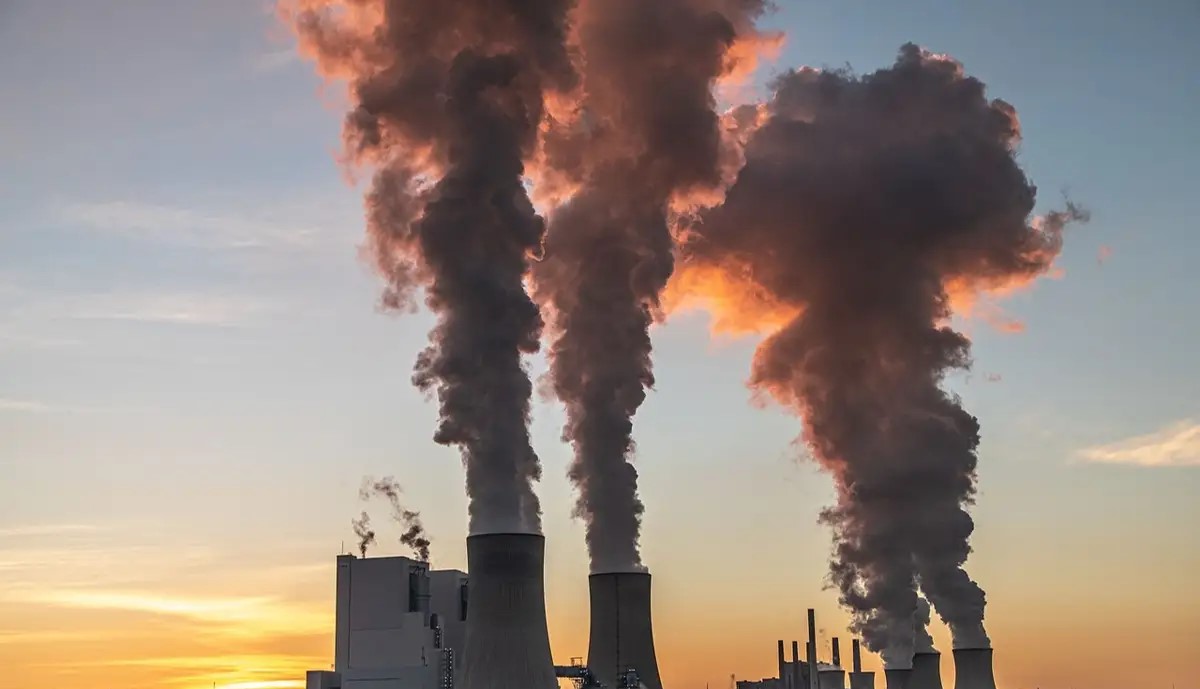WNAM REPORT: The International Monetary Fund (IMF) recently held in Astana. One of the key topics addressed was the country’s response to the growing risks posed by climate change and the global transition away from fossil fuels, Kazinform News Agency correspondent reports.
Nicolas Blanchet, Deputy Director of the IMF’s Middle East and Central Asia Department and Mission Chief for Kazakhstan notes that like many countries, Kazakhstan faces significant risks related to climate change, including floods and droughts, which have already impacted the country in recent years.
However, he also pointed to the long-term risks associated with the global transition toward decarbonization. As a major oil exporter, Kazakhstan will need to adapt to a future where fossil fuel demand declines.
Blanchet suggested that Kazakhstan view this transition as an opportunity rather than a cost.
“One way to do this is by adjusting the country’s carbon pricing. Currently, Kazakhstan’s carbon price is around $1 per ton, one of the lowest levels globally. Raising the carbon price would not only align Kazakhstan with international norms but also incentivize the private sector to invest in renewable energy and other non-fossil fuel sectors. Such investments would stimulate economic activity and create jobs,” says Deputy Director of the IMF’s Middle East and Central Asia Department.
By increasing the carbon price, Kazakhstan could also generate significant revenue for the public sector, which could be used to support infrastructure development and investments in the green economy. The IMF emphasized that this would help Kazakhstan transition smoothly away from its reliance on fossil fuels.
The IMF recognized that the transition away from fossil fuels could lead to job losses and income reductions in certain sectors of Kazakhstan’s economy. Therefore, the state has a crucial role to play in protecting vulnerable populations during this transition. This includes providing social transfers, as well as investing in education and re-skilling programs to prepare workers for jobs in new sectors.
Blanchet expert noted that the necessary resources for these social programs would be available if Kazakhstan implements the recommended reforms, including raising the carbon price and reducing state intervention in the economy.


